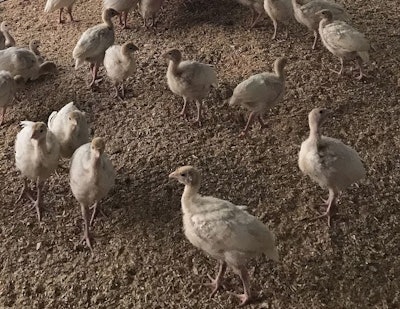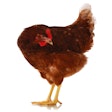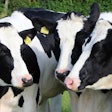
The spread of highly pathogenic avian influenza (HPAI) in the United States continues to decline, as the last case of HPAI to be confirmed in backyard poultry flocks was detected more than one month ago and the last case in commercial poultry was confirmed two months ago.
According to the United States Department of Agriculture (USDA) Animal and Plant Health Inspection Service (APHIS), no commercial cases have been confirmed since the presence of the virus was found in a turkey flock in North Dakota and another in South Dakota on April 19. According to APHIS, those birds were all depopulated, the affected premises in the Dakotas have been disinfected and the control areas around those farms have all been released.
HPAI has not been confirmed in any U.S. backyard flocks since May 18, a day when one case was confirmed in North Carolina and another in Missouri.
In accordance with World Organisation for Animal Health (WOAH) standards, HPAI cases in backyard flocks should not affect international poultry trade.
Avian influenza in wild birds
While there have been no recent cases of HPAI in commercial or backyard poultry, there have been more recent confirmed cases of the virus in the wild bird population. However, it has been more than a week since any cases in wild birds have been reported by APHIS.
The most recent cases were confirmed on June 7, with those detections in Virginia and Alaska.
WOAH standards also state that HPAI cases in wild birds should not affect international poultry trade.
Avian influenza also easing in Canada
According to information from the Canadian Food Inspection Agency (CFIA), Canada has also not had any HPAI cases in commercial or backyard flocks in more than a month, with the last case being confirmed on May 6 in Quebec.
CFIA does not have information concerning HPAI cases in wild birds on its website.


















